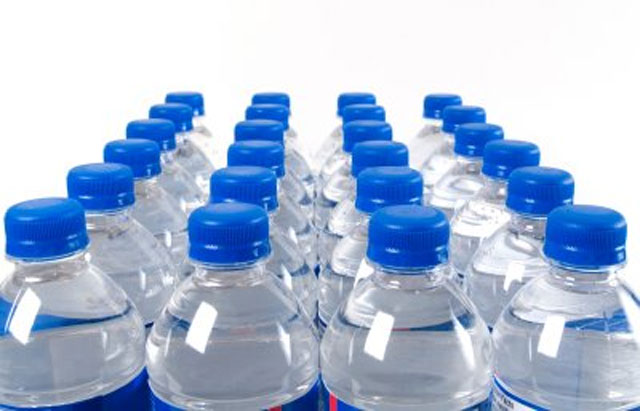A recent study, conducted by the Pakistan Council of Research in Water Resources (PCRWR), has found that 27 bottled water brands being sold across Pakistan contain hazardous contaminants, posing serious health risks.
The findings indicate the presence of excessive sodium, arsenic, and potassium in some brands, while others were found to be bacterially contaminated, increasing the risk of diseases such as cancer, kidney and heart ailments, high blood pressure, and stomach infections like cholera.
The study was conducted as part of its quarterly monitoring, assigned by the Ministry of Science and Technology. In its fourth-quarter report for 2024, covering October to December, the council collected 176 bottled water samples from 20 cities.
According to PCRWR Director General Dr. Hifza Rasheed, test results were compared with the bottled water standards of the Pakistan Standards & Quality Control Authority (PSQCA), revealing that 27 brands were unfit for human consumption due to microbiological or chemical contamination.
Among the flagged brands, Miran Drinking Water Pak Aqua, Jel Bottled Water, Neo, Eltsen, Pure Water, Aqua Health, Oslo, and More Plus contained excessive sodium levels. One Pure Drinking Water, Indus, Premium Safa Purified Water, Orwell, and Natural Pure Life had unsafe arsenic levels, while Hunza Utter Water exceeded the permissible potassium limit.
Bacterial contamination was found in 16 brands, including SS Water, Sip Premium Drinking Water, Miran Drinking Water, D-Nova, Sky Rain, Neo, Pure Water, Dream Pure, Aqua Sharav Pure Drinking Water, Marvi, Ice Well, Akb Sky, Karakorum Spring Water, More Plus, Essentia, and Life Inn, making them unfit for drinking.
Dr. Rasheed explained that under federal cabinet directives, water samples are collected from 24 cities nationwide every three months and shared with the PSQCA and provincial authorities for regulatory action.
However, she clarified that while the PCRWR is responsible for testing and reporting findings, issuing licenses and taking legal action against companies selling substandard water falls under other regulatory bodies.
Attempts to contact the flagged water companies yielded minimal responses. Some company representatives claimed their businesses had been sold, while others did not respond to inquiries. A few companies defended their products, asserting that they adhered to quality standards.
Meanwhile, Ashraf Player, Director of Licensing at PSQCA, outlined the licensing process for bottled water plants, stating that before issuing a license, the agency conducts inspections and third-party checks, followed by scrutiny committee review and approval from the director general.
If a company is found violating hygiene standards, it undergoes three random checks before action is taken. If violations persist, the company’s license is revoked, and production is halted. Player also highlighted the PSQCA’s staffing challenges, revealing that only seven inspectors are responsible for monitoring bottled water quality in Karachi, despite the agency’s nationwide mandate.
























